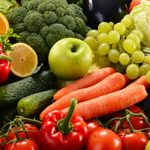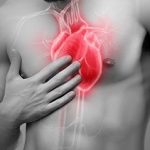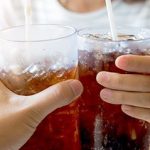
People who consume high levels of dietary vitamin C and E may lower their risk for Parkinson’s disease by almost a third, a new study suggests. Foods high in vitamin C include oranges, strawberries, broccoli and Brussels sprouts. Foods high in vitamin E include spinach, collard greens, pumpkin and nuts such as almonds and peanuts. How might the two nutrients ward off Parkinson’s? According to the European researchers involved in the new study, vitamins C and E are also antioxidants that could ward off the cell damage Parkinson’s causes. Specifically, antioxidants might help counteract “unstable” molecules and the oxidative stress that can lead to a loss of a brain chemical called dopamine, which is a hallmark of the condition. “The protective effect of vitamins on Parkinson’s disease risk might be limited to specific vitamins, such as vitamins E and C. Therefore, eating foods that are rich in vitamins E and C might help to prevent the development of Parkinson’s disease,” said researcher Essi Hantikainen, from the University of Milano-Bicocca in Italy. “Also, high concentrations of vitamin C are found in the central nervous system, where it has neuroprotective properties,” she explained. Hantikainen noted that this study can’t prove that vitamins E and C prevent Parkinson’s, only that high levels of these vitamins are associated with a lower risk of developing the disease. “Further research is… read on > read on >





















-300x200.jpg)










